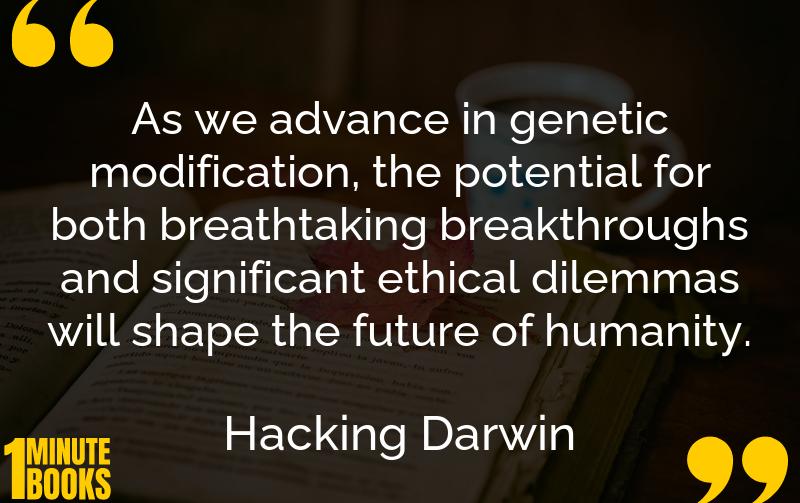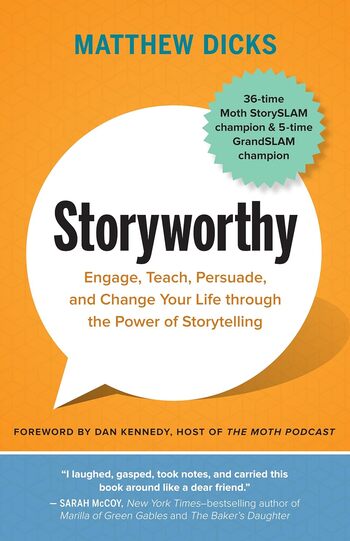
Hacking Darwin explores the revolutionary potential and ethical challenges of genetic engineering, delving into AI-driven genome sequencing, embryo screening, and the future of reproductive technology.
Main Lessons
- Genetic engineering offers groundbreaking opportunities to screen embryos for genetic diseases, potentially eliminating suffering from conditions like Tay-Sachs.
- AI integration with genome sequencing can accelerate genetic research, leading to faster scientific breakthroughs.
- The shift from natural conception to IVF could make pregnancies safer and more predictable, possibly becoming the norm by 2045.
- Ethical concerns arise with genetic modification, such as creating genetically enhanced athletes or the risk of a ‘genetic arms race’ between nations.
- The financial barrier for IVF remains a significant challenge, requiring solutions for wider accessibility and acceptance.
- Genetic advancements hold promise for understanding and potentially influencing traits like height and intelligence in future generations.
- Maintaining ethical standards during genetic advancements is crucial to avoid misuse, such as genetically engineered warriors or promoting social inequalities.
- As genetic technology develops, balancing innovation with moral responsibility will be vital for humanity’s future safety and wellbeing.
- The cooperation of global leaders will be essential to ensure genetic advancements are used ethically and not for selfish gain.
- The story of genetic advancement is as much about scientific potential as it is about navigating complex moral landscapes.








